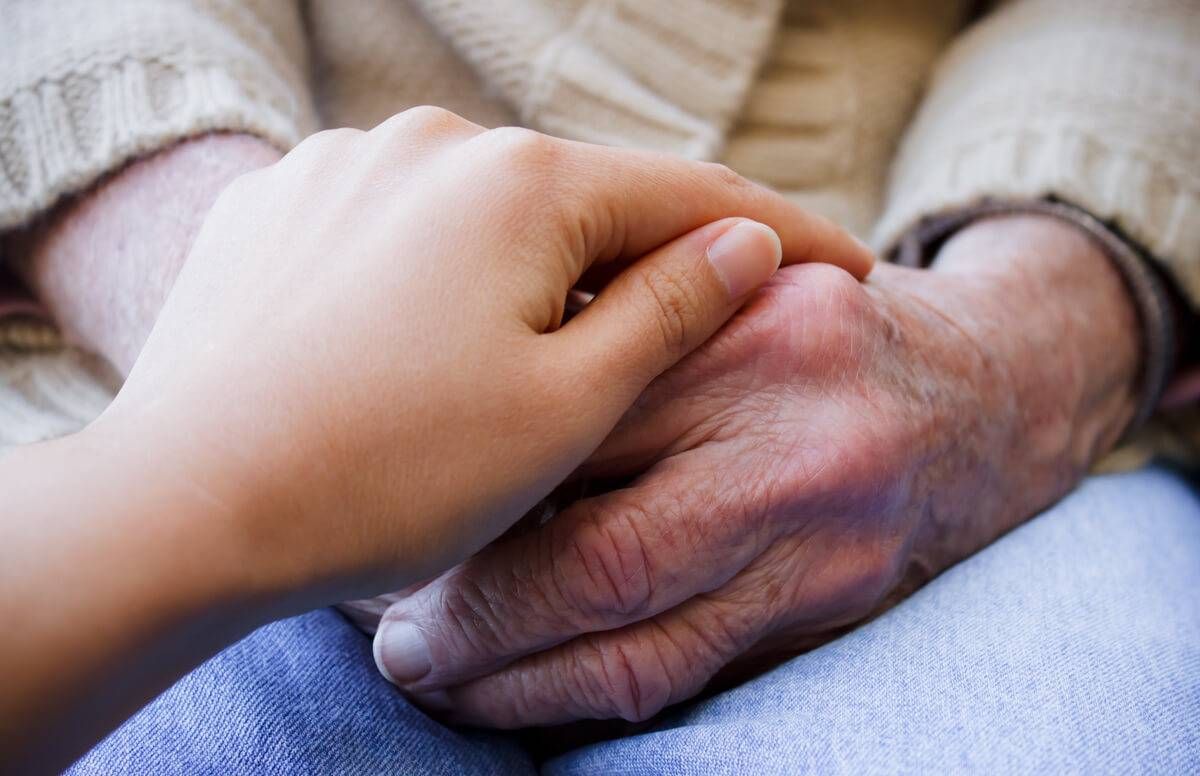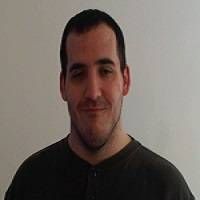What It's Like to Be a Millennial Caregiver
A 20-something man shares his experience caring for a parent with a rare condition
I’ve known the signs all my life — episodes of vertigo that could be short or long, tinnitus (ringing in the ear), hearing loss and feeling like the ear is full. They come with questions: What impact will these signs have today? Has stress exacerbated those conditions? Is she on choppy water or are calmer waters the order of the day?

For almost 20 years, my mom has had to endure the effects of Meniere’s Disease, a condition of the inner ear which causes all these symptoms. There are some who don’t understand it. Some think it is made up and just a fancy way of getting out of doing things. The American Academy of Otolaryngology—Head and Neck Surgery says there is no cure for it but symptoms can be controlled so life is not constantly interrupted. Yet, as a millennial caregiver who helps my mom manage the disease, I can affirm that it is quite real. Recent statistics from the National Institutes of Health indicate that 615,000 people in the U.S. have Meniere’s Disease, and 45,500 people are newly diagnosed with it each year.
My mom has her good days and bad days. As the disease impacts her balance, she needs someone to help her with errands and appointments. She often cannot drive, and on very bad days, she may need someone to help her stay steady when she walks.
Disease Impacts the Family and Job Prospects
However, the impact of Meniere’s Disease, like any disease, goes beyond how it impacts the patient. It impacts the patient’s family too — and while the short-term symptoms of the condition take center stage, assessing how to work around them is often quite cumbersome.
As her 26-year-old son and caregiver, I wish I had the answers to those long-term questions, but I don’t. Moreover, it is more than just the long-term questions of living with someone who has Meniere’s Disease. For me, it is about balancing that with my prospects of a career in journalism — and making it work as the industry goes through constant flux.
My mom works, but because of the disease, her ability to do so is limited. As a result, she must be realistic in what work she takes on for the sake of her health. Additionally, relocating (something many in journalism say you need to do at a moment’s notice) is not practical, which I realize impacts my broader employment prospects.
Yet, we keep going however we can despite what Meniere’s Disease tries to take away. Indeed, it tried on numerous occasions to stop my mom from being a single parent, championing the work that I did and her day job: helping women and their families through high-risk pregnancies.
There for Each Other
Time and time again, she has called the disease's bluff to care for me instead of the other way around. When I worked through a severe illness that challenged my ability to go to college, she was there to guide me to the finish. When the economy fell flat on its face as I graduated college and a deep recession saw us make a 400-mile move from Chicago to Minneapolis for greener pastures, her encouragement continued to flourish in abundance. When too often the world was gloomy and things looked bleak, her shoulder was one I could cry on.
Meniere’s Disease didn’t stop her, and while the world keeps going against the odds, she does too. She took care of me when I needed it, and stepping into the role of caregiver when she needed it most was something I didn’t hesitate to do. Along the way, it has come with a changed perspective.
Serving is a Reward
Fred Rogers famously said: “Anything that we can do to help foster the intellect and spirit and emotional growth of our fellow human beings, that is our job. Those of us who have this particular vision must continue against all odds. Life is for service.”
I’d like to think that my mom embodies this message, for that exactly is what she has done — and if I’ve learned anything from her, it is that. It is one of the reasons that got me curious about journalism, and how I, through this work, can help people be at their best. In fact, Rogers’ philosophy continues to be put into practice every day by the over 10 million millennials in the U.S. who are caregivers.
Being the life of the party and having allegedly excessive tastes in avocado toast are not the keys for a young adult's quality life. Instead, for me, it is about helping people be at their best, and devoting your life to ensure in your own way that the world can be better for everyone. I’m not your average millennial, and those may not be average millennial goals, but I’m perfectly content with that.
In my room in the apartment I share with my mom, I frequently stare out at the view I have of downtown Minneapolis, whether on a sunny day with some clouds or at night all lit up. Despite all the uncertainty surrounding my mom’s health, the economy and the future of journalism, I don’t ask myself how I can live like the life of the party. Instead, I ask how I can help people be at their best, just as they do for me every day.
If I can do that, I know I’ll have made her proud — and to me, that’s all that matters, because life is for service.


